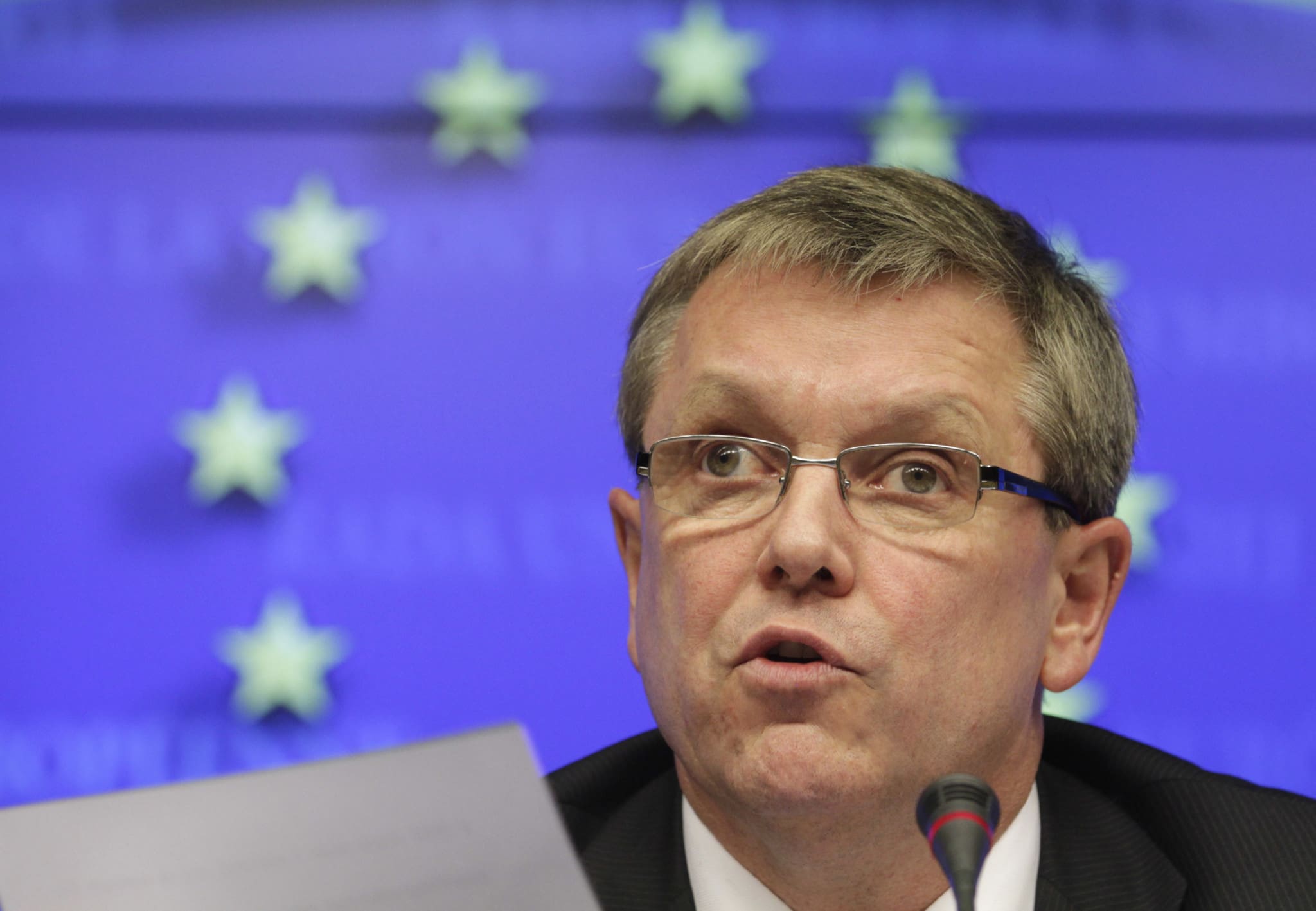President of the Hungarian National Bank (HNB) György Matolcsy has released his new vision for the course he believes Hungarian society should follow in the coming decades, entitled “Lessons from the post-Trianon century” (Trianon refers to the Versailles peace treaty of 1920).
The media-savvy banker is known to have opinions about issues that lay outside the remit of banking and the national economy, yet his advice is usually well received on all sides of the Hungarian political spectrum. This week, he has released a 10-point program, in which he fairly explicitly advises the political decision makers to set only goals for their Hungary that are compatible with the relatively small geographic size and small economy of country.
He lists his priorities as follows.
- “Let us not take part in any super-power competitions, let us not believe in any promises and rewards. Instead, let’s enter the economic, cultural, community and sports competitions in the region, in Europe and around the world. Post-Trianon size, strength, population, location are sufficient to sustain the nation and increase national prosperity / well-being, but nothing else.
- Let us follow our own real national interests in everything, not imaginary ones. Stand up for our own values and interests. To do this, but only for this, let us build strength in all areas. For this, but only for this, let’s look for allies.
- Let’s look at Hungary from the direction of the outside world, not just from our own national interests. Let’s ask what can we give, what does the world need from the values of the Hungarian nation? Let us give, so that others would give to us, without self-abandonment, but in abundance.
- Let’s follow the golden rule: the solution is always internal. National currency, internal debt, an efficient state, strong communities and families, a growing and not a disappearing nation, a domestic middle-class, strong domestically-owned businesses and all the rest that can be found within are the real sources of success.
- Let’s avoid extremes and find the golden middle road in politics, economic policy, lifestyle, government intervention, indebtedness, lending, and everywhere else.
- Let us be competitive in all areas of life, because competitiveness based on preparedness, creativity, speed and adaptability is the only way to achieve our national goals.
- Our national success depends on how we explore and offer to the world the special features of our culture, values, language and natural / geographical features. We know we are irregular, it can be a special value in everything that leads to success, but it can also be a constraint that leads to failure.
- The last century is about political and military power, this century is about economic / intellectual power based on talent and creativity. Apart from the three great powers expected to rise in our century, our fate, just as everyone else’s, depends on these.
- We need good leaders emerging from a strong middle class at all levels of national functioning, while we must use all means to prevent leaving behind populous social groups. This is the ultimate guarantee of political stability and economic catching-up.
- Our last hundred years showed us that we are winning if we use the state well. There, as much as the best, using no more or less of it as necessary. Competition of nations, businesses, cities, or families is, in fact, the competition of the functioning of the state.
We have closed the last hundred years and have set off towards the national successes of the coming decades. Only we can win this, and only we can spoil it. Let’s choose the first option!” concluded György Matolcsy.
The writing is accompanied by an interesting comparison regarding Hungary’s economic development as compared to other countries. According to the head of the HNB, compared to the 27 EU member states, in 2020 Hungary stood at 74.2 percent in terms of economic development, up 1.2 percent from 2019. This is the highest since the end of WWII.
Compared to the United States, in 2020, Hungary stood at 52.1 percent, which is an all-time high. According to Matolcsy, in the beginning of the 1950s, Hungary’s economy stood at 70 percent as compared to Western Europe, but by the end of the 1980s, this has collapsed to just 55 percent. The highest Hungary has ever compared to Western European economies was in 1936, when the country has reached an 83 percent level of development






